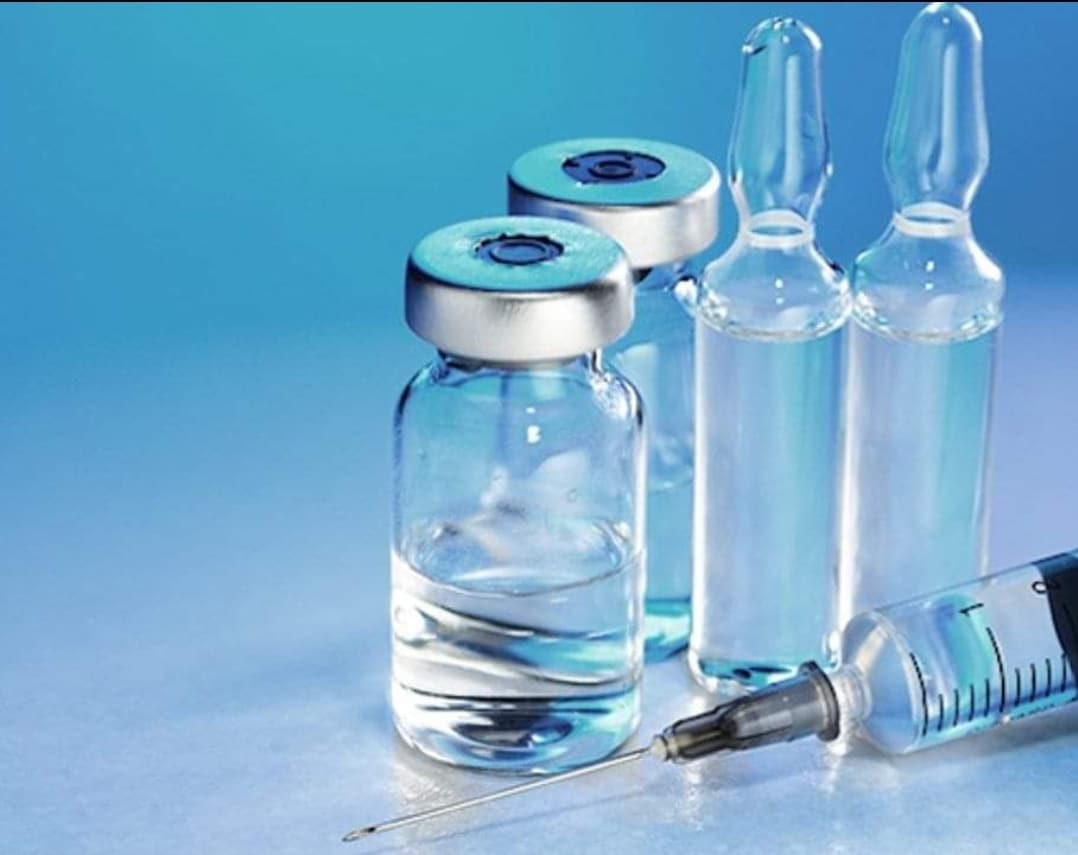USP Density Testing of Injectable Solutions
The United States Pharmacopeia (USP) density testing is a crucial procedure in pharmaceutical quality assurance, ensuring that injectable solutions meet stringent safety and efficacy standards. This service plays an integral role in the development, production, and quality control processes for injectables and parenteral products.
Injectable medications are often used to treat conditions where oral administration would not be effective or suitable. These formulations require precise density measurements to ensure that they deliver the correct dose of active ingredients into the bloodstream. USP density testing helps in maintaining product consistency, stability, and potency across batches.
The USP provides specific guidelines for density measurement which are designed to protect public health by ensuring the safety, quality, and efficacy of pharmaceutical products. This service is critical not only during development stages but also throughout production and post-market surveillance.
For injectable solutions, the primary goal of this testing is to determine whether the product's density falls within acceptable limits as outlined in USP Chapter 0875. This chapter specifies that the density of an injectable solution should be measured at a specified temperature, typically 15.5°C (60°F), to avoid significant changes in the physical properties due to variations in environmental conditions.
The testing process involves careful preparation and handling of samples. Samples must be free from particulates and properly diluted if necessary before density measurement. The instrument used for this purpose is a precision balance or densitometer, capable of providing accurate readings under controlled laboratory conditions.
Accurate results are essential to ensure compliance with regulatory requirements. Any deviation from the specified limits may indicate contamination, incorrect formulation, or other quality issues that could affect patient safety and product effectiveness.
In addition to ensuring batch-to-batch consistency, USP density testing also supports process validation efforts by providing data on how changes in manufacturing conditions impact the physical characteristics of injectables. This information is valuable for optimizing production processes and maintaining high standards of quality control throughout the supply chain.
Compliance with these tests not only enhances product safety but also helps manufacturers meet regulatory expectations, thereby building consumer trust and confidence in their brands.
Scope and Methodology
The scope of USP density testing for injectable solutions encompasses the evaluation of various parameters that influence the physical properties of these formulations. The methodology involves several key steps to ensure accurate results:
- Sample Preparation: Ensuring samples are free from particulates and properly diluted if necessary.
- Instrumentation: Utilizing precision balances or densitometers capable of providing accurate readings at the specified temperature.
- Data Collection: Recording measurements meticulously according to USP guidelines.
- Analysis: Comparing collected data against prescribed limits as outlined in relevant chapters of the USP.
The precision and accuracy of these instruments are crucial for obtaining reliable results. Regular calibration and maintenance schedules should be followed to ensure that all equipment remains within acceptable tolerances.
It is important to note that while this testing primarily focuses on density, it indirectly contributes to overall quality assurance by ensuring other critical parameters like viscosity, pH levels, and osmolality are also within specified ranges. These factors collectively contribute to the safety and efficacy of injectable medications.
Industry Applications
The application of USP density testing is widespread across various sectors within the pharmaceutical industry, particularly in areas dealing with injectable solutions. This service supports multiple aspects of product development and quality assurance:
- Quality Control: Ensuring each batch produced meets predetermined standards.
- Process Validation: Supporting the validation of manufacturing processes to maintain consistency across batches.
- Research & Development: Assisting in optimizing formulations and identifying potential improvements for new products.
- Supply Chain Management: Ensuring that all stakeholders along the supply chain adhere to strict quality standards.
Beyond these core functions, USP density testing also plays a vital role in ensuring regulatory compliance. By adhering to international standards such as those set by the USP, pharmaceutical companies demonstrate their commitment to patient safety and product efficacy.
The results of this testing are essential for making informed decisions regarding production adjustments, ingredient sourcing, and storage conditions. It helps identify any discrepancies early on, allowing corrective actions to be taken promptly without compromising the integrity of the final product.
Use Cases and Application Examples
The practical applications of USP density testing extend beyond theoretical considerations into real-world scenarios where precision matters. Here are some specific use cases:
- New Drug Development: Ensuring that newly developed injectables have consistent densities across different formulations.
- Batch Consistency: Verifying that each batch of a drug maintains the same density characteristics throughout its shelf life.
- Supply Chain Integrity: Confirming that all parties involved in the distribution chain adhere to strict quality standards.
- Patient Safety: Guaranteeing that patients receive accurate dosages by ensuring injectables meet specified density criteria.
An example of its application can be seen in the manufacturing process for insulin pens. Insulin is a critical hormone used to treat diabetes, and any variation in its concentration could lead to severe health consequences. USP density testing ensures that every unit produced has consistent insulin concentrations, thereby enhancing patient safety.
Another instance involves the production of monoclonal antibodies, which are large proteins used for treating various diseases including cancer. The precise control over their density is vital for ensuring optimal therapeutic efficacy while minimizing adverse effects.
These examples illustrate how USP density testing contributes to maintaining high standards of quality and safety in pharmaceutical products, ultimately benefiting both manufacturers and patients alike.





